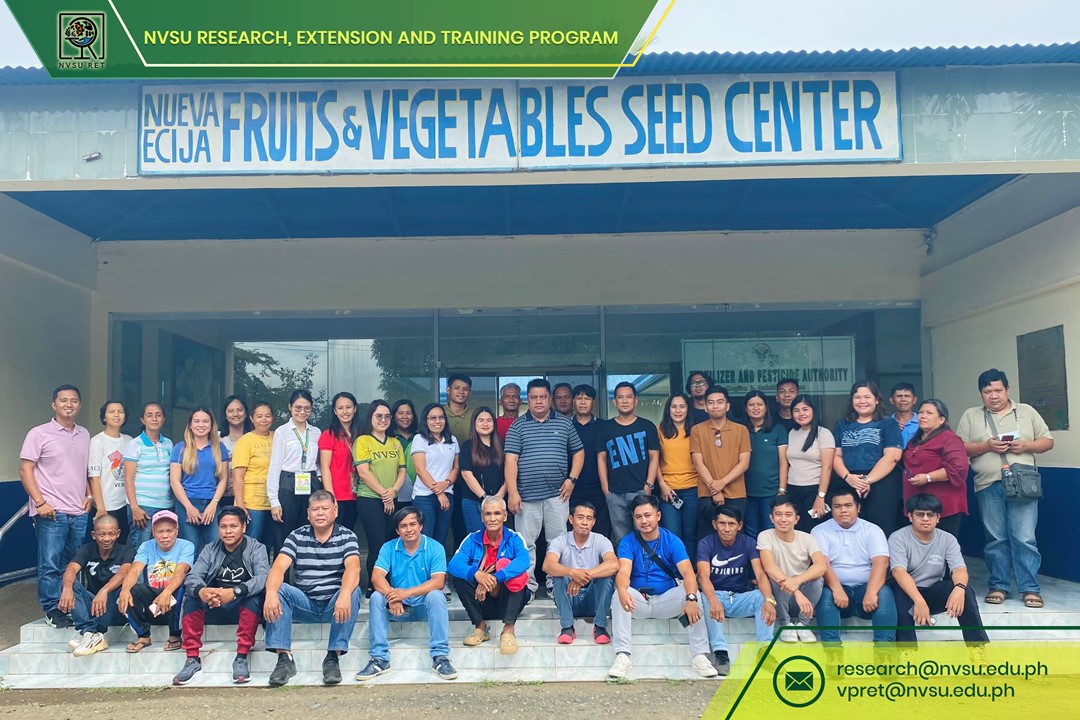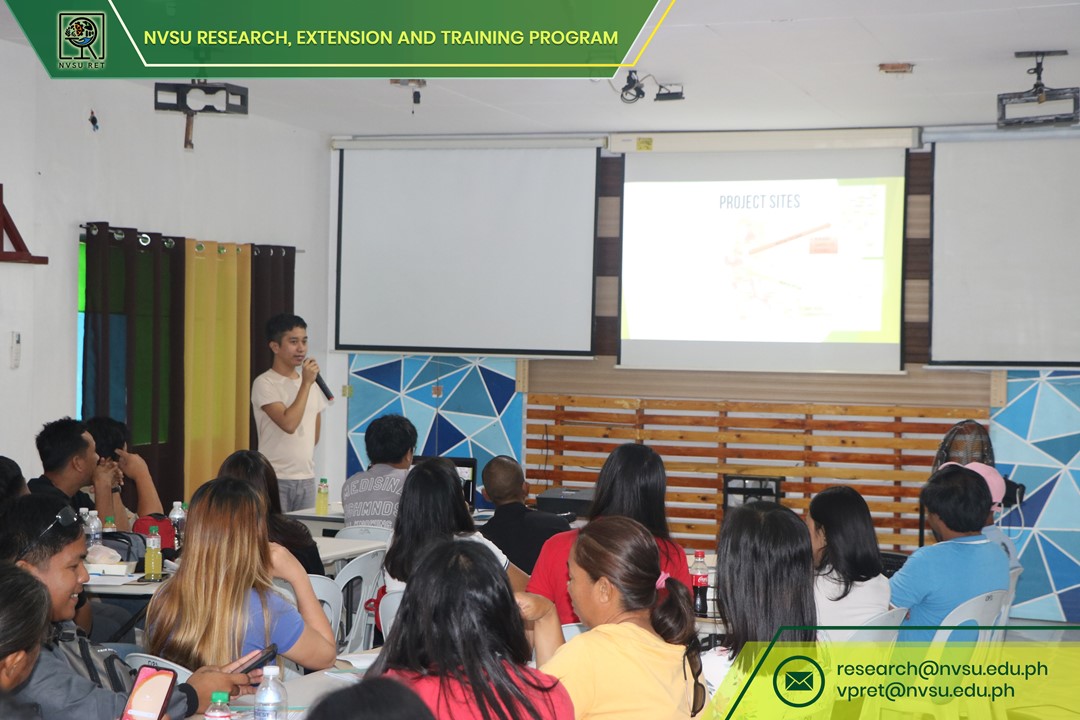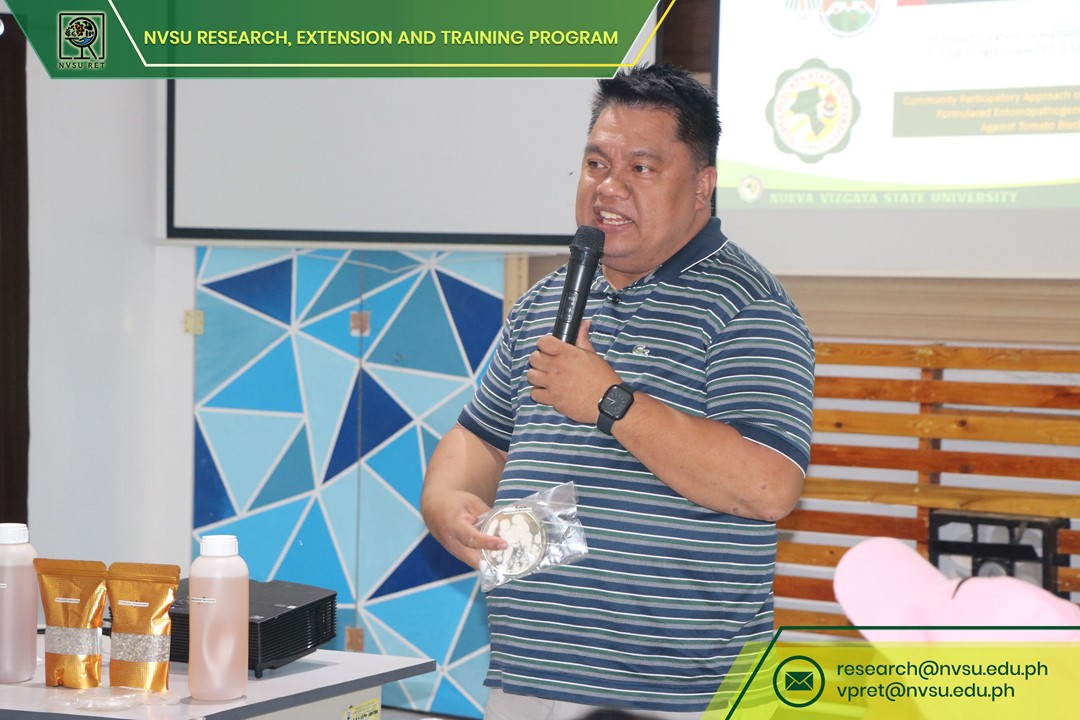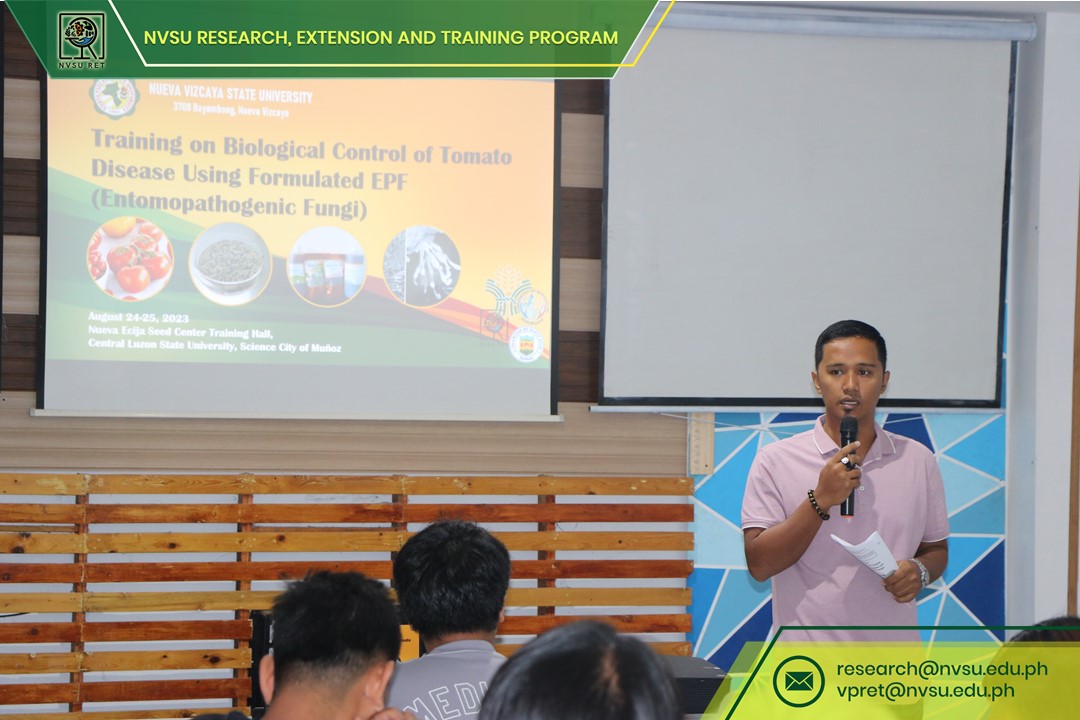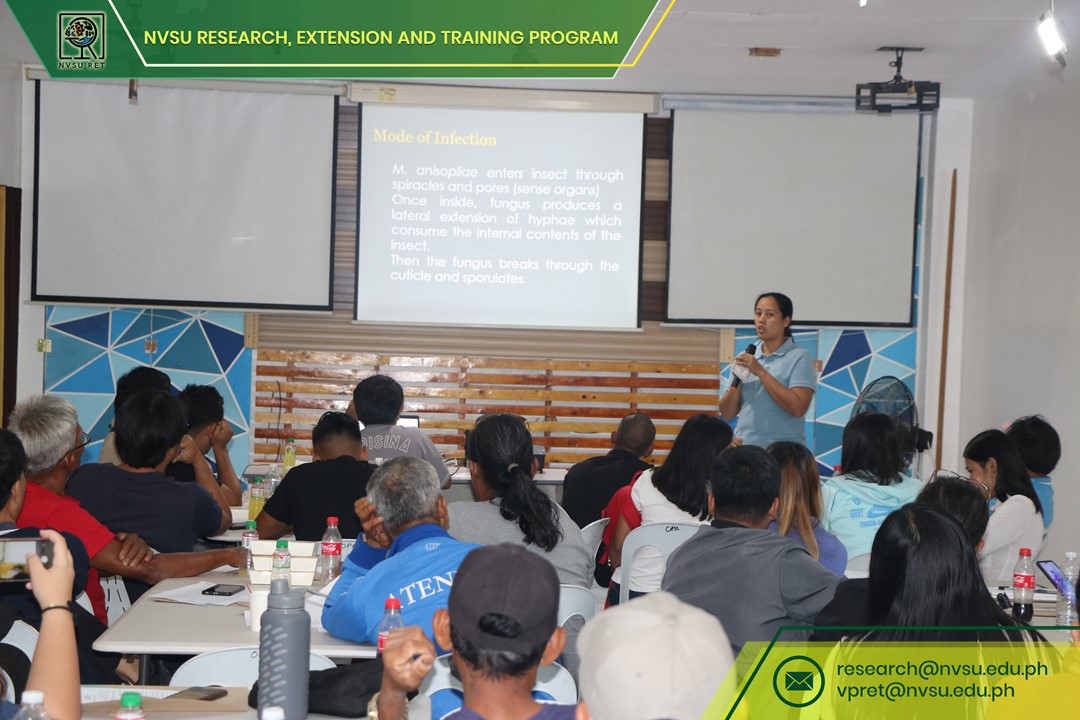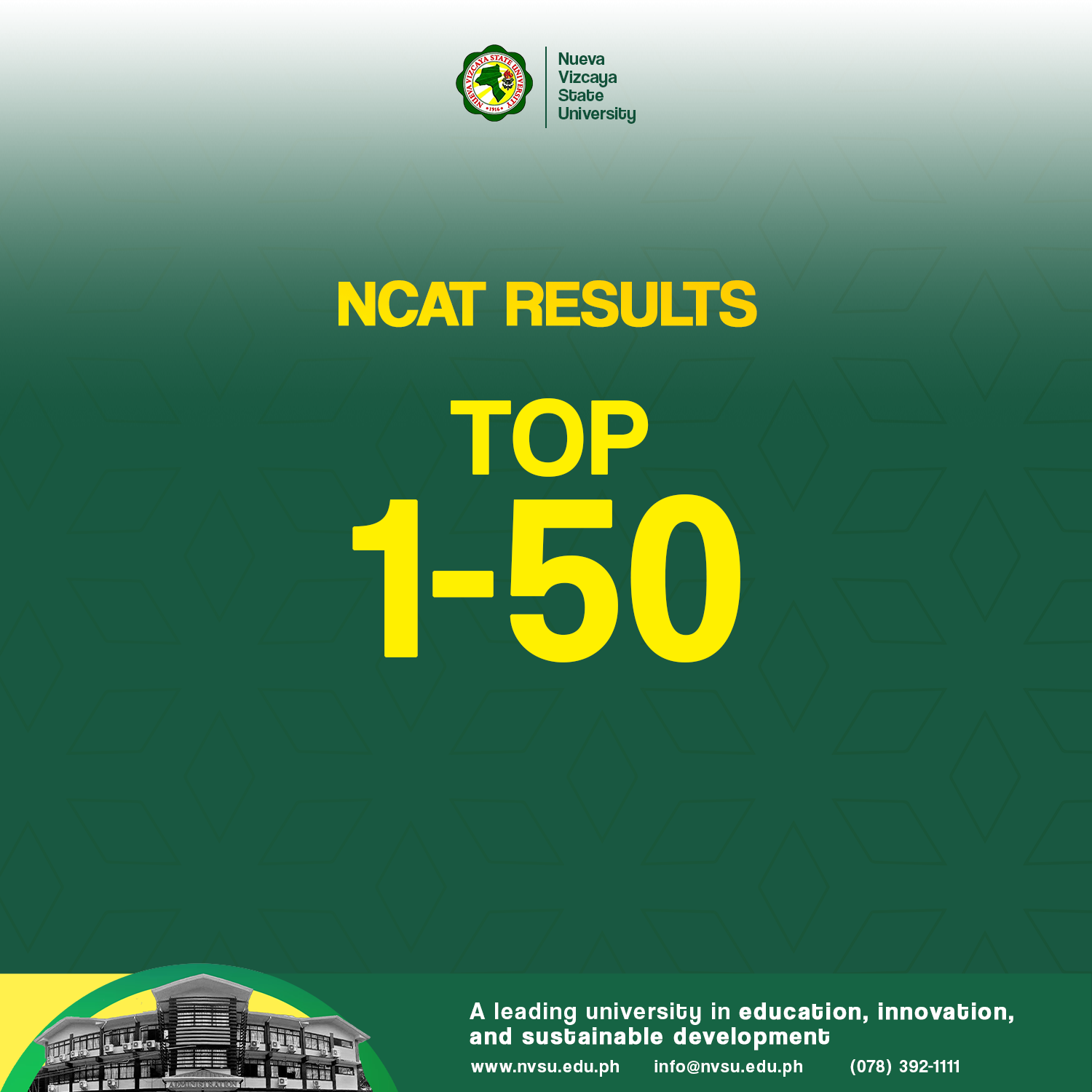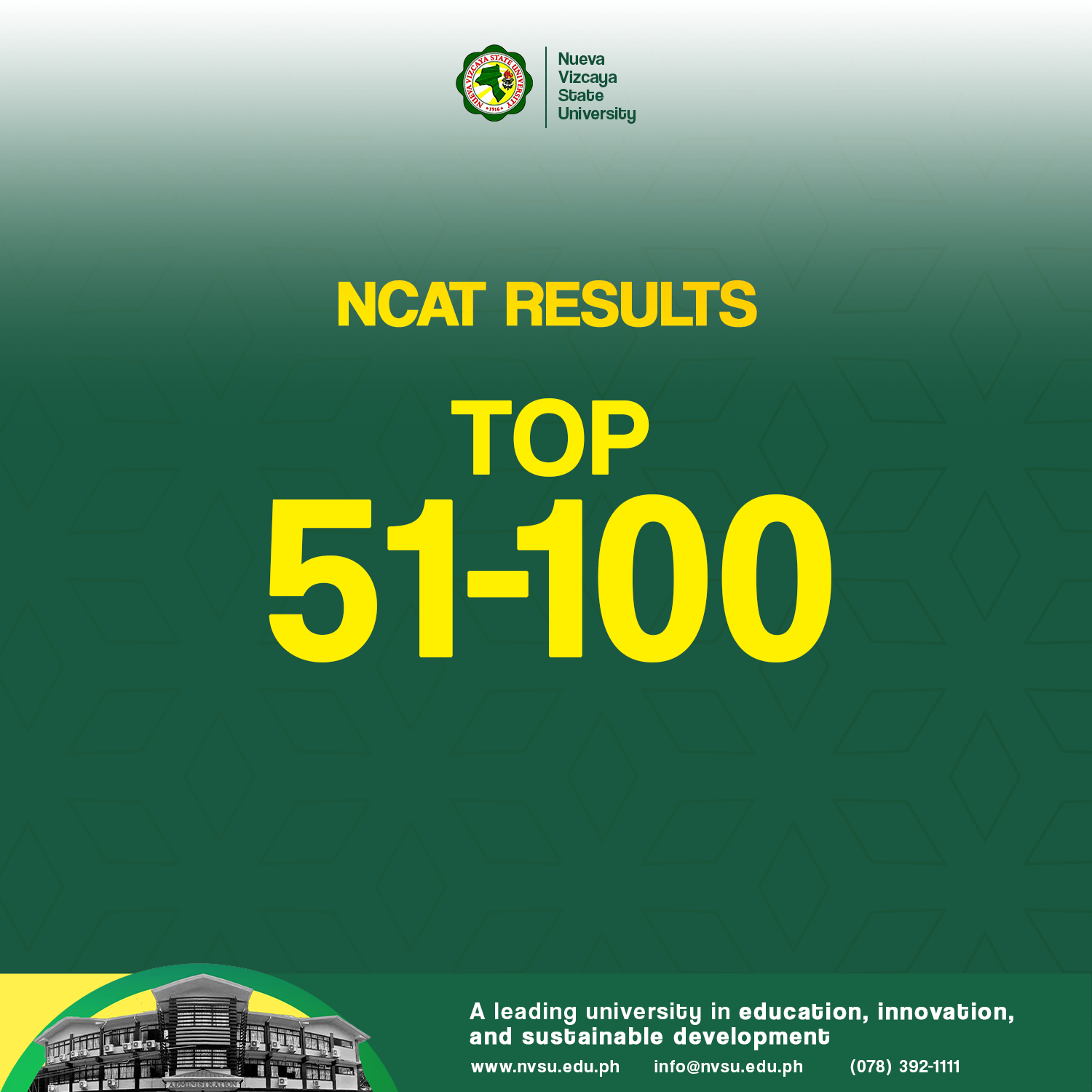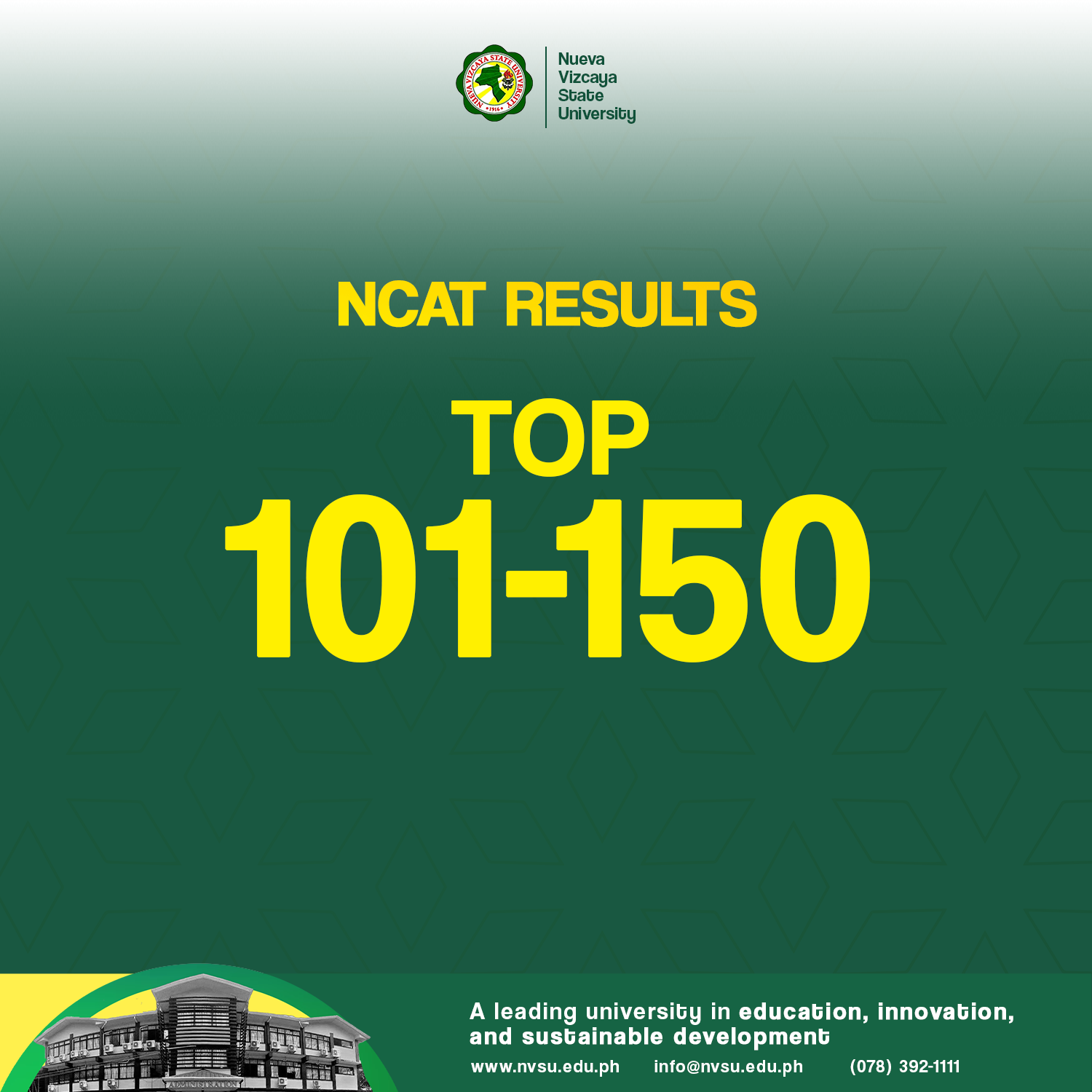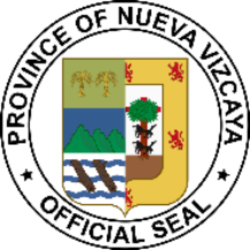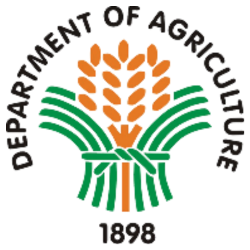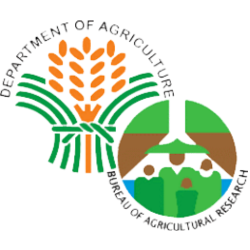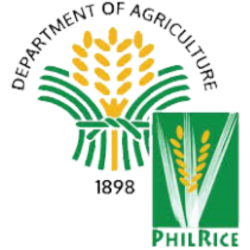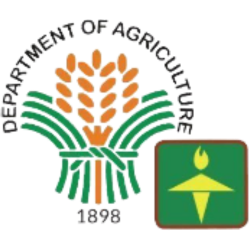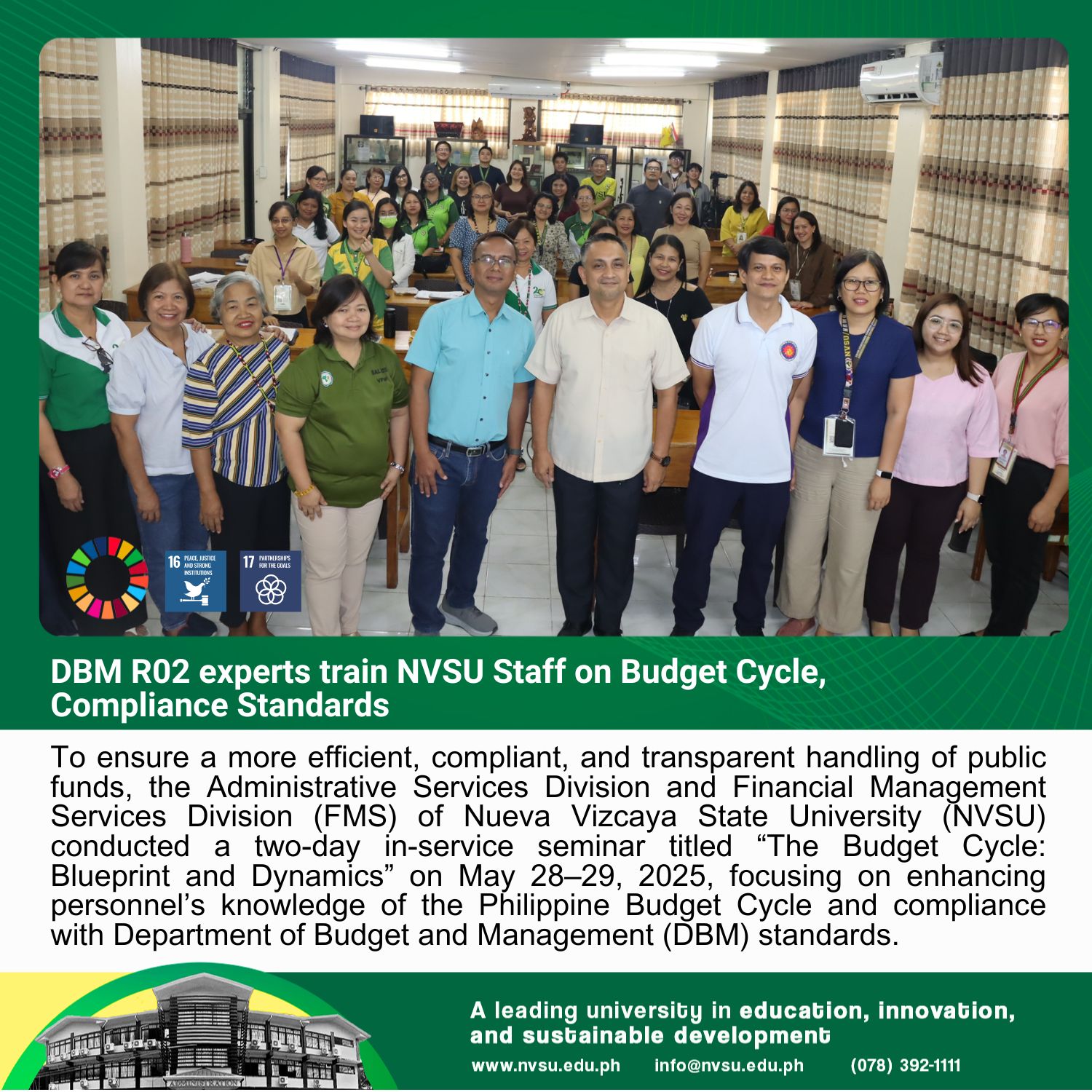
Development of Formulated Entomopathogenic Fungi (EPF) as Biofungicide against Tomato Black Leaf
As part of the implementation of the on-going project funded by the Department of Agriculture – Bureau of Agricultural Research (DA-BAR) titled "Development of Formulated Entomopathogenic Fungi (EPF) as Biofungicide against Tomato Black Leaf," the project team conducted a training session on the "Biological Control of Tomato Disease Using Formulated Entomopathogenic Fungi (EPF)" on August 24-25, 2023, at the Nueva Ecija Seed Center Training Hall, located within the Central Luzon State University, Science City of Muñoz, Nueva Ecija.
The focus of the training was manifold, with Dr. Jonar I. Yago, the Project Leader and Vice President of NVSU for Research, Extension, and Training, delving into the nuances of "Management of Tomato Disease Using Formulated Entomopathogenic Fungi (EPF)." Subsequently, Mr. Eduard P. Bragado, a Research Associate I in the Tomato Project at NVSU, presented the data outcomes of the Tomato Project, and elaborating on the "Production of Formulated Biological Control Agent – Entomopathogenic Fungi (EPF) / Preparation of Solid-based and Liquid-based Substrate."
Ms. Fil-Art Marie B. Baltazar, Study Leader of the Tomato Project at NVSU, enriched the attendees with insights into the "Return of Investment on the Use of Formulated Entomopathogenic Fungi (EPF)." Moreover, Mr. Ariel N. Alejo, the Director of Nueva Ecija Fruits and Vegetables Center and the Provincial Crop Protection Coordinator at OPA-Nueva Ecija, contributed valuable perspectives through a lecture on "Tomato Production and Post-harvest Management in Region III."
Ms. Rosalyn V. Fulgencio, a Science Research Specialist I at DA-RCPC III, encapsulated the broader context of the project with her discussion on the "Production and Utilization of Biological Control Agents in Region III."
The collaborative efforts between NVSU, government agencies, and agricultural experts mark a significant leap towards creating a sustainable, resilient, and healthier agricultural ecosystem. As the training equips farmers with advanced techniques and knowledge, it catalyzes the shift towards eco-friendly alternatives, ensuring a greener and safer future for both agriculture and the environment.
Gallery:

